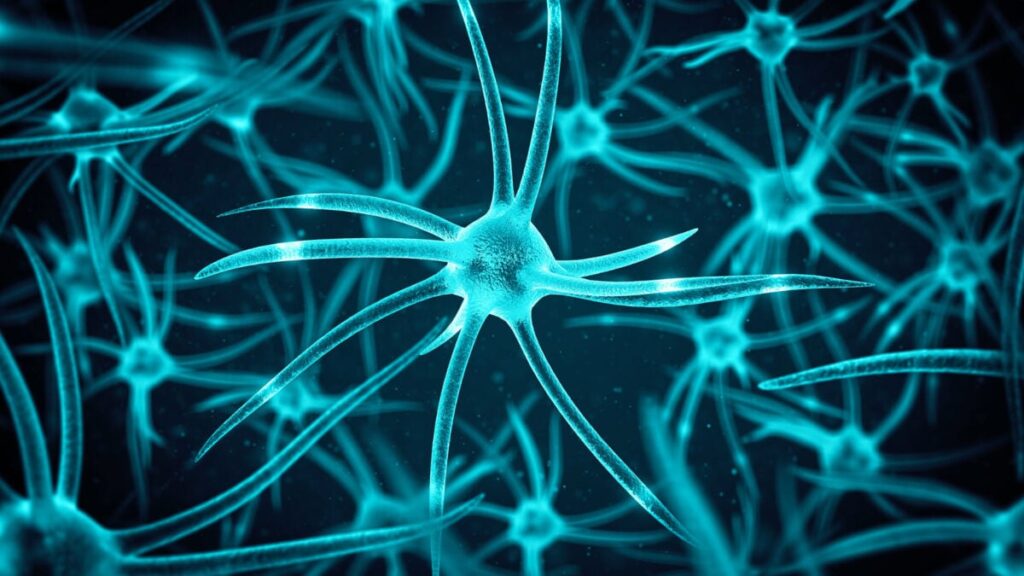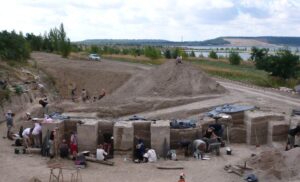
In a groundbreaking discovery, researchers from Sweden have debunked the long-held myth that human brains cease to generate new neurons after childhood. The study, published Thursday in the journal Science, reveals significant evidence of neural stem cells actively growing in the hippocampus of adult brains. This finding not only enhances our understanding of the aging human brain but also opens new avenues for treating neurological disorders.
“We’ve found clear evidence that the human brain keeps making new nerve cells well into adulthood,” said Marta Paterlini, a neuroscientist at the Karolinska Institute in Stockholm and co-author of the study, in an interview with Gizmodo. The research team, led by scientists at the Karolinska Institute, examined brain tissue samples from individuals aged 0 to 78, using advanced methods to analyze over 400,000 individual cell nuclei.
Challenging Long-Standing Beliefs
The announcement comes as a significant challenge to the traditional belief that neurogenesis—the process of forming new neurons—halts in adulthood. While previous research, including a 2013 study by Jonas Frisén and his team at the Karolinska Institute, suggested that neuron growth continues throughout life, the scientific community has remained divided. Notably, two studies published in 2018 presented conflicting conclusions about adult neurogenesis.
The current study aimed to resolve these discrepancies by identifying neural progenitor cells, which eventually mature into neurons, within adult brains. The researchers focused on the dentate gyrus, a region of the hippocampus crucial for memory formation, where they observed these progenitor cells at various developmental stages.
Implications for Neurological Health
According to the researchers, the presence of these precursor cells in adult brains could have profound implications for understanding and treating neurological and psychological conditions. The study found that some adults had an abundance of these growing precursors, while others had relatively few. These variations may help explain differing risks of neurological disorders among individuals.
“Although precise therapeutic strategies for humans are still being researched, the simple fact that our adult brains can generate new neurons radically changes the way we view lifelong learning, recovery from injury, and the untapped potential of neuronal plasticity,” Paterlini stated.
The researchers suggest that enhancing the brain’s natural ability to produce new neurons could potentially improve recovery from brain injuries or mitigate the effects of neurodegenerative diseases. However, further research is needed to develop safe and effective therapeutic strategies.
Future Directions in Brain Research
Meanwhile, the study raises new questions about the mechanisms underlying neurogenesis in adult humans. The researchers noted that adult precursor cells exhibit different gene activity patterns compared to those found in other mammals, such as pigs and mice, where adult neurogenesis is well-documented.
Looking ahead, the team plans to explore other regions of the adult brain that may also support neurogenesis, including the wall of the lateral ventricles and adjacent areas. These efforts aim to provide a more comprehensive understanding of how our brains continue to change and adapt throughout our lives.
In conclusion, the findings from the Karolinska Institute offer a fresh perspective on the dynamic nature of the adult human brain. As research progresses, the potential for new treatments and insights into brain health and function continues to grow, promising a future where the mysteries of the mind are increasingly unraveled.






